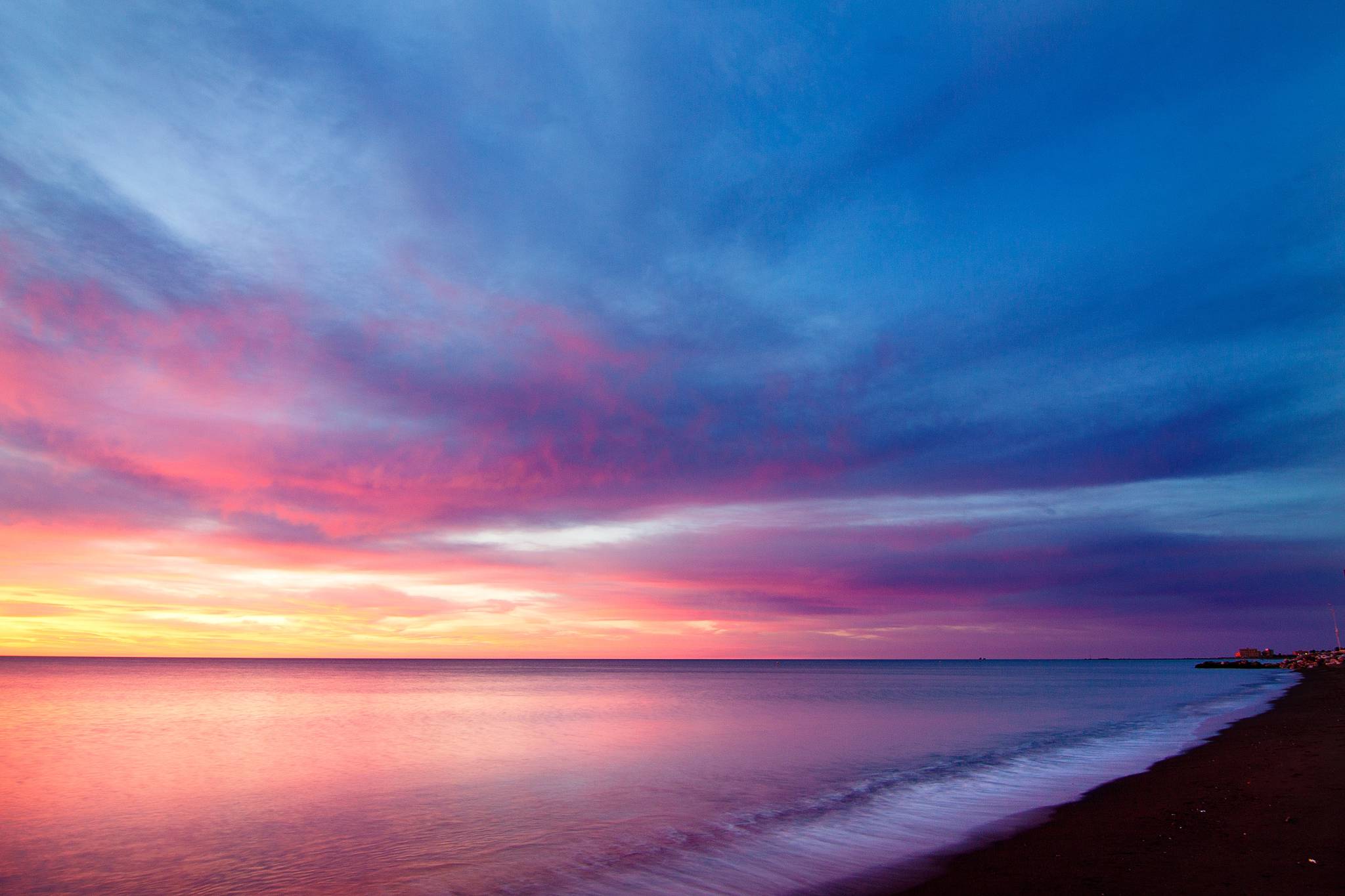My mother died last week, five weeks shy of her 91st birthday. COVID-19, which has claimed more than half a million American lives, didn’t take her from us. But it intruded into her last year by denying her what she valued most. Time with her family.
Valuing family is not the same as family values. Those are idealized morals aimed at promoting traditional family structures to strengthen the surrounding community. They’re proactive in that they precede a desired outcome.
Valuing one’s family isn’t guaranteed either. It’s dependent on unconditional love and affection that naturally begins with parents caring for their young children. That’s challenged during the dysfunctional teenage years and through the true independence of our adult years. If we’re lucky, the bonds endure until it’s the children providing loving care for their aging parents.
Mom’s family story began as the seventh child born to Italian immigrants during the Great Depression. She watched all five of her older brothers help support the family and then head off to fight in the war. Fortunately, they all returned and settled close to their Boston roots.
She briefly left them behind after graduating from nursing school. In Detroit, she married my father and gave birth to my older brother and me. When they moved us back in 1956, she already had 13 nieces and nephews. Over the next sixteen years, their own family grew from two to seven, with my youngest sister being the last of 26 grandchildren.
Almost every weekend was dedicated to visits with our grandparents, aunts, and uncles. Every year we’d all celebrate my grandfather’s birthday in our backyard. The family Christmas gathering was often at our home too.
But children grow up. While her siblings were becoming grandparents themselves, she watched her four oldest leave home before her youngest finished the first grade. Three of us were living on the other side of the country. Another sister moved west in 1982. From Christmas in 1983 until 1990, the whole family didn’t get together once.
I wouldn’t say we were at all close with each other during those years, especially compared to Mom’s family. But to each of us individually, she remained at the center of the foundation she and Dad had built.
In 1992, they sold our childhood home and moved to Colorado to be closer to three of my sisters. The fourth sister followed soon after. A new family core emerged with them all there. Two weddings were followed by the arrival of three granddaughters and two adopted grandsons. I began visiting at least twice a year and grew closer to my sisters and their children.
In 2004, we all attended our parents’ 50th anniversary celebration and a wedding a few months later. They were the catalyst for a new tradition. Every summer since then, we’ve had a family reunion in Colorado. Mom’s joy at having us all together showed in the preparations she made, the breakfasts and dinners she cooked and her near constant smile.
Between the reunions though, the burden of responding the growing needs of our elderly parents fell almost entirely on the ‘front range’ sisters. They visited them independently and all three went together often enough to keep the family foundation strong and healthy.
After Dad died four years ago, I tried to share their load by visiting Mom almost every other month. But then the pandemic hit. We had to cancel her 90th birthday celebration. The retirement complex she lived in permitted only one visitor at a time. I only managed one trip in October to see her.
Now she’s gone.
“Love you all,” she wrote at the end of the instructions to settle her personal affairs. “You have always been my pride and joy. Be happy. Stay Close.”
After I shared that with my daughter, in a heartwarming way she said I’m fortunate to have such a close family. Not everyone does, she reminded me.
That reality suggests an advantage, the privilege of family, if you will, passed down to my mother from her parents and through her to us. And with it, an obligation to honor them that begins by extending into everyday life the kindness and affection that taught us to value the bonds that make us a family.
• Rich Moniak is a Juneau resident and retired civil engineer with more than 25 years of experience working in the public sector. Columns, My Turns and Letters to the Editor represent the view of the author, not the view of the Juneau Empire. Have something to say? Here’s how to submit a My Turn or letter.

